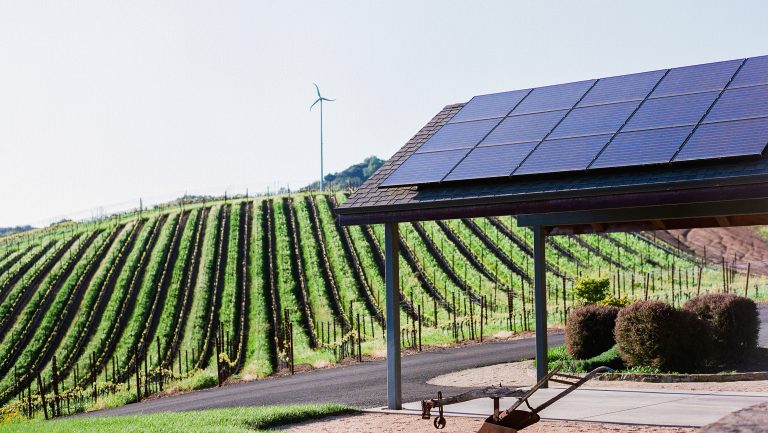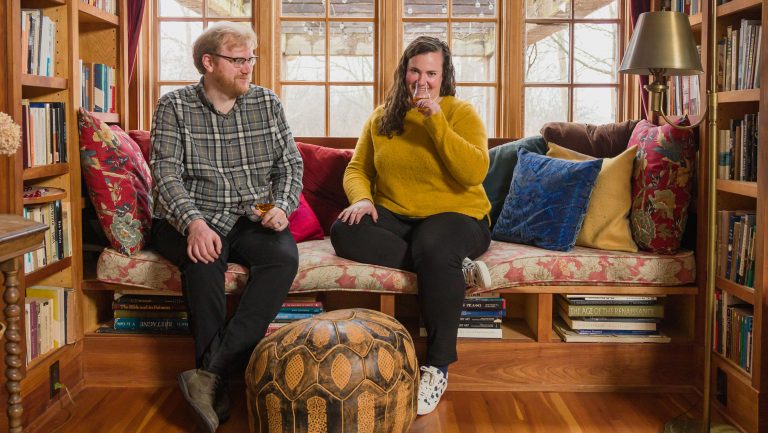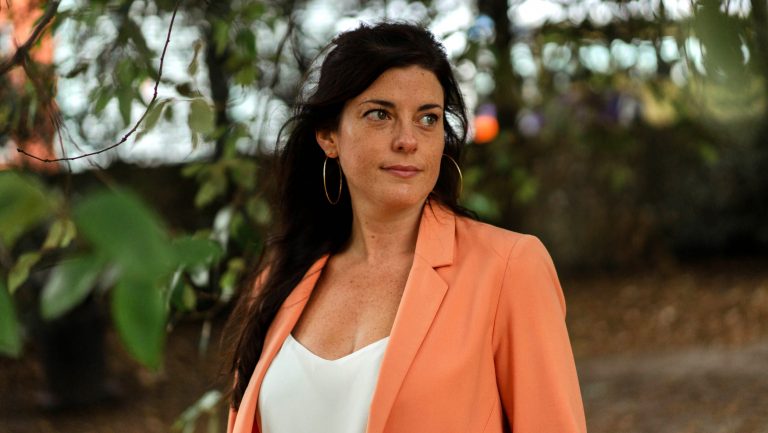Awarded for: Establishing a framework that will significantly reduce the wine industry’s carbon footprint—not just in the vineyard and winery, but up and down the supply chain.
The path to eco-friendly practices hasn’t always been clear for wineries. Organic, sustainable, and biodynamic certification groups vary from state to state and nation to nation, to the confusion of consumers. In addition, most winery eco-certifications focus on viticulture and, to a lesser extent, enology.
By contrast, a new collaborative working group, the International Wineries for Climate Action (IWCA), looks different. For one thing, it’s an international endeavor, founded by the Spanish Familia Torres in partnership with Jackson Family Wines (JFW), based in Santa Rosa, California. The reach of these two companies spans the globe, with wine-growing operations in nations including Chile, Australia, and South Africa.

Don’t miss the latest drinks industry news and insights. Sign up for our award-winning newsletters and get insider intel, resources, and trends delivered to your inbox every week.
Second, IWCA focuses a narrow lens on a single, ambitious, concrete objective: an aggressive reduction of carbon emissions, with the long-term goal of decarbonizing the wine industry entirely. Carbon accountability may not be as sexy as, say, biodynamic farming, but given the large quantities of highly concentrated CO2 that result from alcoholic fermentation alone, it’s an issue the industry needs to address—and now.
While some American sustainability-certification organizations, such as the California Sustainable Winegrowing Alliance, do include energy use and greenhouse gas emissions in their performance metrics, they don’t go as far as IWCA does. This initiative looks beyond the basic steps of installing photovoltaic panels, insulating vats, and driving electric or hybrid vehicles.
“Even if a winery is already 100 percent solar powered, they are still going to have some emissions,” points out Katie Jackson, the senior vice president of social responsibility at Jackson Family Wines. And beyond the various aspects of wine production—viticulture, winemaking, packaging, and shipping—the IWCA takes the additional step of scrutinizing suppliers and distributors, bringing accountability to every part of the winegrowing economy.
“We are not the first company that has queried our supply chain and asked for metrics-based information about the products we purchase,” says Julien Gervreau, the vice president of sustainability for Jackson Family Wines. “There is a growing cadre of companies asking these questions. Larger suppliers are comfortable with these questions. And we are being asked these questions by the companies we supply wine to.”
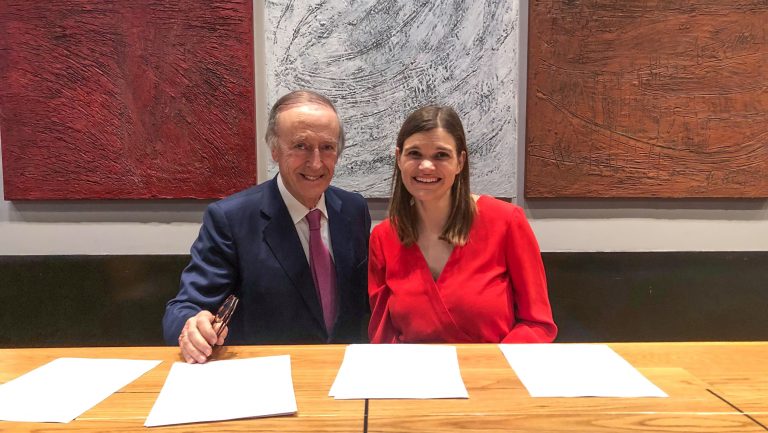
IWCA members will be required to reduce greenhouse gas emissions by 50 percent by 2030, and 80 percent by 2045. The IWCA follows the international accounting standards of the Greenhouse Gas Protocol established in 2015 by the Paris Agreement, making it more robust than the FIVS International Wine Greenhouse Gas Protocol designed by the World Resources Institute, the World Business Council for Sustainable Development, and the California-based Wine Institute.
By establishing an industry-wide accountability standard, IWCA addresses an issue that has entered the public consciousness in recent months as activists have criticized prominent companies for a lack of transparency in their carbon reporting. When Amazon recently and with much fanfare rolled out its plans to achieve carbon neutrality by 2040, for example, the powerful group Amazon Employees for Climate Justice countered that CEO Jeff Bezos’s plan was “a big win, but not enough.” The group also said that Amazon’s adherence to self-monitoring, rather than sharing carbon data with the CDP (Carbon Disclosure Project), which scores multinational corporations based on their carbon footprints, was troubling.
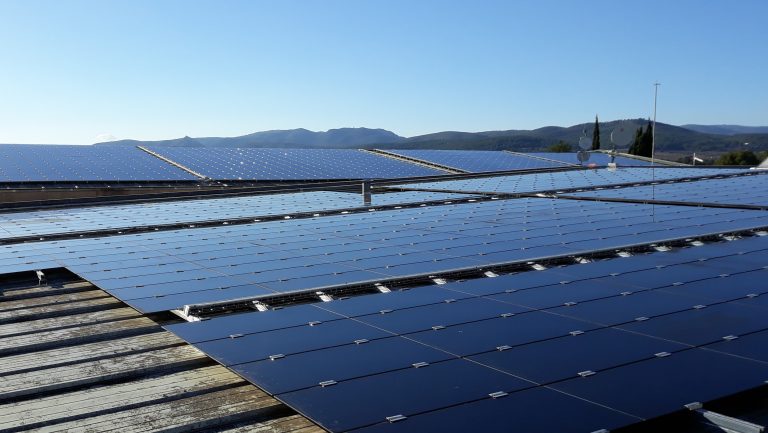
“When the Jacksons and our family started with the IWCA working group in February of this year,” says Familia Torres president Miguel A. Torres, who has been the driving force behind the initiative, “I said that my hope was that IWCA will be a trigger, a boost for other wineries to join and accelerate or to start the implementation of carbon-emissions-reduction programs.”
IWCA is still in the working-group phase; the idea of stamping an IWCA logo on member wine labels is still under discussion, according to Katie Jackson. And at present, only large companies will have the financial wherewithal to join the initiative. Jackson admits that the costs of participation will be prohibitive for boutique-sized wine growers. “We are thinking about, moving forward,” she says, “how we can support small wineries wishing to join as well.”
The people, projects, and ideas recognized in this year's awards are truly transformative, addressing everything from climate change to social equity in the industry. Get to know the trailblazers forging new paths in the beverage alcohol space.

SevenFifty Daily's 2019 Drinks Innovators
IWCA’s annual membership fee, depending on case volume, ranges from €400 to €1,600 (approximately $440 to $1,760), with comprehensive third-party carbon auditing, necessary for acceptance, clocking in at some €5,000 to €20,000 (roughly $5,500 to $22,000), and an initial fee for acceptance of €1,000 ($1,100). “You can’t manage what you don’t measure,” says Gervreau when queried about the cost of entry. “Unless you are taking a robust approach to looking at your emissions, you can’t really take meaningful steps to reduce them.”
The Torres and Jackson families began discussing the idea of starting an international working group in April 2018. Cristina Torres, whose mother, Marimar Torres, owns Marimar Estate in the Russian River Valley in California, works as a brand manager at JFW, and she suggested that the two like-minded families connect.
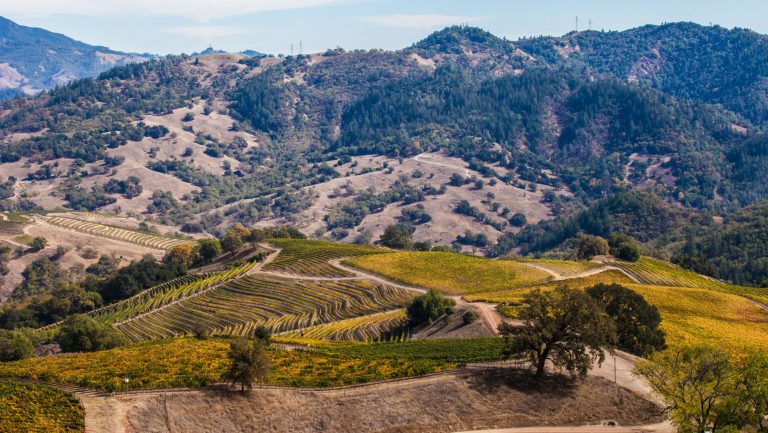
The two founding partners have each reduced their greenhouse gas emissions by more than 25 percent since they started auditing their own carbon footprints in 2015, and they offer suggestions on innovative practices to other wineries seeking to do the same. (By contrast, Champagne, which in 2003 was the first wine region in the world to conduct a comprehensive carbon-footprint assessment, has subsequently reduced overall greenhouse gas emissions by just 15 percent.)
Familia Torres, for example, makes use of biomass boilers, which turn vineyard debris into steam that’s used for cleaning tanks, and already requests sustainability certifications from its suppliers. Since 2016, Torres has also been funding research in CCR (carbon capture and reuse) technologies in collaboration with universities and technology companies; the research has resulted in innovations such as a forklift powered with natural methane gas made from the CO2 released during fermentation.
“We really have to decarbonize the economy in order to contain the global temperature increase at 1.5 degrees between 2030 and 2040,” says Miguel Torres, “and this requires the involvement of all companies, industries, and individuals. We have to reduce our emissions drastically, and doing a ‘little better’ is not enough.”

Dispatch
Sign up for our award-winning newsletter
Don’t miss the latest drinks industry news and insights—delivered to your inbox every week.
Katherine Cole is the author of four books on wine, including Rosé All Day. She is also the executive producer and host of The Four Top, a James Beard Award–winning food-and-beverage podcast on NPR One. She is currently working on a fifth book, Sparkling Wine Anytime (Abrams), to be published in Fall 2020.

